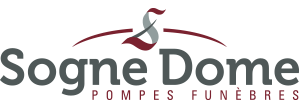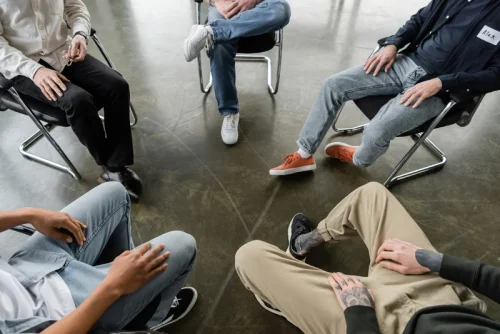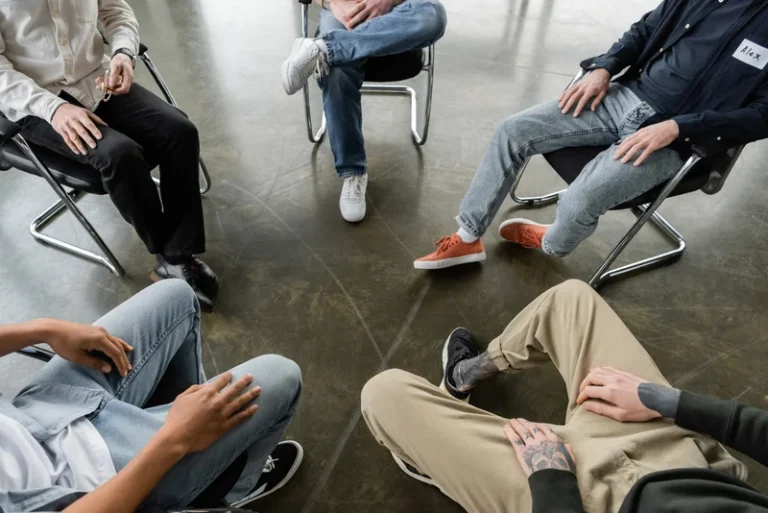Effectively dealing with both internal and external triggers plays a significant role in maintaining your recovery goals. Dealing with mental relapse and understanding emotional relapse involves a constant internal battle between abstinence and temptation. Physical relapse, on the other hand, includes experiencing withdrawal symptoms from the absence of drugs and alcohol. In either case, understanding your triggers forms a significant part of a successful recovery journey.
- One of the most challenging aspects of being in recovery is learning to manage triggers.
- Relapse triggers are far more extreme for recovering addicts in the early recovery months of addiction treatment.
- One of the biggest risks during drug recovery is that someone who is recovering from using a substance willrelapseand begin taking that substance again.
- Strategies such as keeping a routine or practicing gratitude can build connections and improve emotional well-being.
Get Help for Loved Ones at Heroin Addiction Rehab
A lack of daily structure may lead to boredom, idleness, or a sense of aimlessness, increasing vulnerability to old habits. Establishing and maintaining a consistent daily routine is crucial in recovery. At the drug rehab center reading PA, you will be provided with a routine for the whole day. This involves regular wake-up and bedtime hours, incorporating healthy activities, and having a clear schedule. Routine provides stability, reduces uncertainty, and helps fill the void left by substance use.
How Addiction Affects Physical Health Over Time
Common triggers that may lead Sober living home to relapse during addiction recovery can be classified into internal and external types. Internal triggers often involve emotional states, such as loneliness, sadness, stress, and negative self-perception. These emotions can provoke cravings for substances, as many individuals previously used drugs or alcohol as coping mechanisms.
Press Play for Advice On Recovery
These addiction relapse triggers can vary from person to person and can be incredibly powerful, leading to an increased risk of addiction relapse. Addiction often develops because people use drugs or alcohol to feel better about their current situation. Whether it’s a new and stressful event or a distressing emotional state, substance abuse often turns off feelings of discomfort.
- Emotional relapse occurs when individuals experience negative emotions or stress without actively addressing them.
- Negative emotions, such as sadness, guilt, shame, anger, and loneliness, pose significant challenges for individuals in recovery (New Horizons Centers).
- Alcohol is particularly difficult because so many people view drinking as normal, and it can crop up in unexpected places like office parties or even a neighborhood potluck.
- You can learn a lot about yourself by taking an inventory of what you’re feeling and asking yourself why.
The Role of Detoxification in Addiction Recovery
It also provides the skills to change your behavior and avoid misusing substances again. Engaging in social activities that align with a sober lifestyle fosters positive connections and reduces the vulnerability to relapse. Our state-specific resource guides offer a comprehensive relapse triggers list overview of drug and alcohol addiction treatment options available in your area. Many people with eating disorders consume food out of boredom, and boredom can allow your mind to drift to “what if” situations involving alcohol or whatever your drug of choice is. Beware of the danger of boredom, and work with your counselor or another trusted friend to help you build a plan for coping with boredom in healthy ways.
Realize negative feelings don’t have to be a sign of an impending setback. These changes can cause stress, anxiety, and uncertainty, which can lead to cravings and make it harder for individuals to cope with their addiction. Reluctance to reach out to others or join a sober support system through NA / AA/ GA, SLAA or another recovery group, can lead to social isolation and loneliness. The more you become socially isolated, the more likely it is you will feel unique or different and once again start to feel no one understands how you feel. Stress could possibly be the biggest addiction relapse trigger because of its wide range of effects on the mind, body, and spirit.
Preventing relapse isn’t as easy as saying no to opportunities to use again. You must also develop healthy coping skills and an effective relapse prevention plan. Proactively avoiding high-risk situations and staying away from reminders of past substance use is key to minimizing the risk of relapse due to exposure to substances. By being aware of your triggers and taking conscious actions to limit your exposure, you can stay on the path of recovery. Reminiscing about or dwelling on memories of past substance abuse is one of the brightest red flags in terms of triggers and relapse. If you find yourself stuck thinking about drugs or alcohol, it’s time to get your support system involved.
In recovery, people don’t have that option and often struggle to accept and process negative feelings. The free downloadable relapse prevention worksheets include space for clients to list their triggers and cognitive and behavioral strategies to address them. By recognizing these internal triggers and implementing self-care strategies, individuals in recovery can better navigate emotional challenges and reduce the likelihood of relapse. In the long run, prioritizing mental and emotional health is key to sustaining recovery. In summary, social support acts as a buffer against relapse, while isolation can significantly increase risk levels. Understanding the importance of maintaining social connections alongside managing personal triggers and emotions plays a vital role in a successful recovery journey.
Planning a Vacation with a Loved One in Recovery
They can be emotional, environmental or mental, and often a trigger falls into multiple categories. These are 10 of the most common triggers in addiction recovery, along with quick tips on how to avoid them. Some people experience a whirlwind of emotions when seeing old friends and loved ones, which can trigger the desire to have a drink. Other people may become so stressed out by the push to perform at school or work that they are tempted by the feelings produced by stimulants. Expecting triggers and planning to cope with them effectively is the best way to defend against addiction relapse.
Mental relapse
The brain registers these stimuli and processes them in the same areas involved in drug-seeking behavior. But, recovery is not just about « quitting » and « abstaining » as much as it’s about building a new life in which it is easier—and more desirable—not to use. If you don’t prepare for these situations ahead of time, you are vulnerable to relapse. Try brainstorming ideas on your own and work with your counselor or therapist to come up with a plan.





